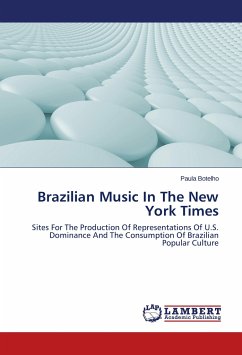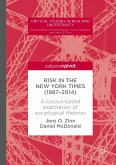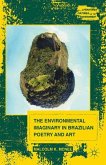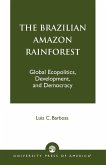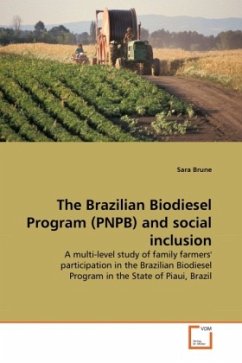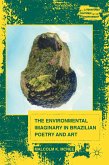The study explores the meanings and uses of representations of Brazil and Brazilian-ness, through the analysis of music reviews and news in The New York Times and other U.S. newspapers. It analyzes how cultural dominance is disseminated and how it relates to the theme of consumption. The New York Times is a powerful discursive site for the production of U.S. cultural dominance and representations of other cultures. Although the newspaper revitalizes the interest in Brazil established through the Good Neighbor Policy, this interest is ambivalent. Depending on the proximity to African or European models, Brazilian cultural products acquire inferior or superior value, gain recognition or are constructed as culturally excessive and exotic. Representations function as subtexts that legitimize Brazilian cultural products and actors that are closer to Euro-American forms of culture, founded in categories of race, gender, social class, and social behavior. They also promote the modernityand cosmopolitanism of the U.S. and imply the traditionalism of Brazil, except when Brazilian cultural forms resemble American-European models.
Bitte wählen Sie Ihr Anliegen aus.
Rechnungen
Retourenschein anfordern
Bestellstatus
Storno

